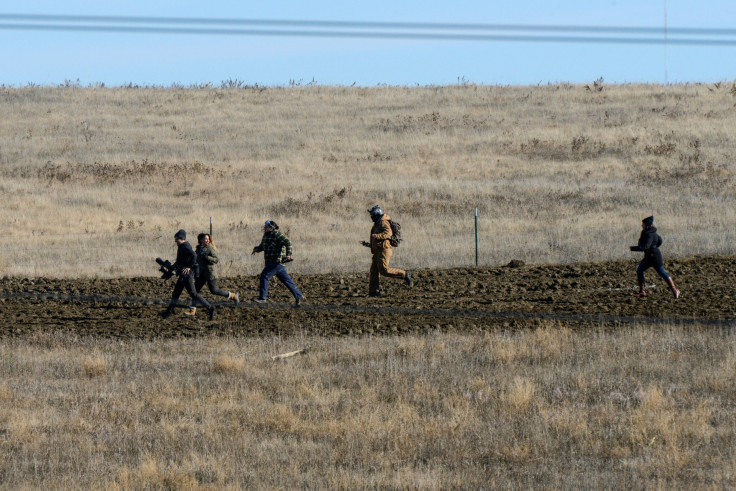Dakota Access Pipeline Decision Announced: Obama Administration Will Not Allow Project To Proceed

The U.S. Army Corps of Engineers refused Sunday to grant an easement for the Dakota Access oil pipeline in southern North Dakota, a victory for the thousands camped at the construction site in opposition.
Opponents of the $3.8 billion project said the pipeline posed a threat to water supplies and cultural sites.
The project would have allowed a 1,172-mile-long pipeline to run from North Dakota to Illinois, where it would have crossed the Missouri River carrying around 470,000 barrels a day of sweet crude oil.
Supporters of the $3.7 billion project have argued that the pipeline would create jobs and that domestic production of crude oil could make the United States more “energy independent.” Many have maintained the pipeline would be the safest way to transfer crude oil across the U.S. to refineries near the Gulf Coast.
Environmentalists and local Native American tribes fiercely opposed the pipeline, arguing oil leakage or a burst pipe could contaminate their water supply and devastate the land. The pipeline also skirts the Standing Rock Sioux Tribe Reservation, and construction has disturbed sacred lands belonging to them.
Protesters have camped in Standing Rock to protest what Politico has called “one of the largest ongoing environmental standoffs in recent years.” Dozens of activists have been arrested, and reports of ongoing violence between protesters, site workers and police have surfaced.
The Obama administration finally brought the project to a halt, just miles away from Lake Oahe in September so permits could be “re-reviewed” by federal officials, Reuters reported.
Resolutions opposing the pipeline’s continuation were signed in cities like Seattle, Minneapolis and Kansas City, KCTV, Kansas City, reported.
© Copyright IBTimes 2024. All rights reserved.












